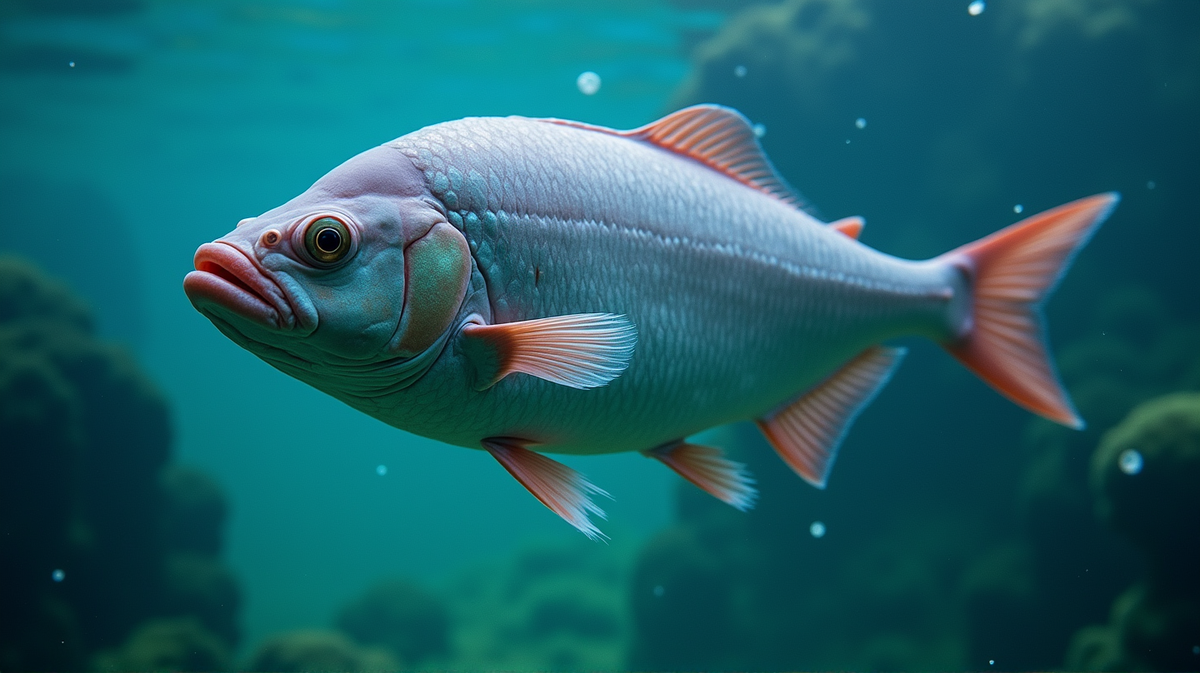Innovative Antiviral Strategy to Combat Fish Viruses Unveiled in Chile
Chilean researchers embark on a groundbreaking antiviral project, trialing PROTAC technology against pivotal fish viruses.

When cutting-edge science meets aquaculture, the results could be revolutionary. Chilean researchers are poised to lead the charge with an unprecedented project employing PROTAC technology to combat fish viruses.
Pioneering PROTAC Technology in Aquaculture
With a grant from FONDECYT Exploration 2025, the “Animal Health in the Marine Environment” program by the Interdisciplinary Center for Aquaculture Research (INCAR) sets its sights on developing PROTAC (Proteolysis-targeting chimeras) technology. Under the guidance of Dr. Jaime Figueroa Valverde, this four-year initiative marks a first in proposing such a method for viral diseases affecting salmonids.
Target: Infectious Pancreatic Necrosis Virus
At the heart of this project lies the development of a prototype PROTAC geared towards the VP2 protein of the infectious pancreatic necrosis virus (IPNV). As a persistent viral threat in salmon aquaculture, IPNV poses challenges that this revolutionary technology could address, offering a promising alternative to traditional methods.
Why PROTAC?
“PROTAC systems represent a potent strategy to degrade unwanted proteins selectively,” explains Dr. Figueroa. “As a frontier in treating difficult diseases such as cancer and neurodegenerative disorders in mammals, its adaptation for use in aquatic species like fish opens new frontiers in viral disease control.”
Collaborative Efforts and Future Horizons
The initiative benefits from collaboration with esteemed academics, including Dr. Guillermo Valenzuela Nieto and Dr. Denise Haussmann, operating from institutions like the Universidad Austral de Chile and Universidad San Sebastián. The effort underscores a paradigm shift that could one day extend beyond salmonids, offering strategies adaptable to various aquatic pathogens.
The Road Ahead
As the project kicks off, attention turns to the patentability and intellectual property considerations accompanying this innovative approach. “It’s a disruptive step in aquaculture,” adds Dr. Figueroa, underscoring the potential long-term impacts.
By ushering in this new era of antiviral strategies, Aquafeed.com, this ambitious endeavor could profoundly transform future aquaculture landscapes, bringing enhanced health and sustainability to the industry.





